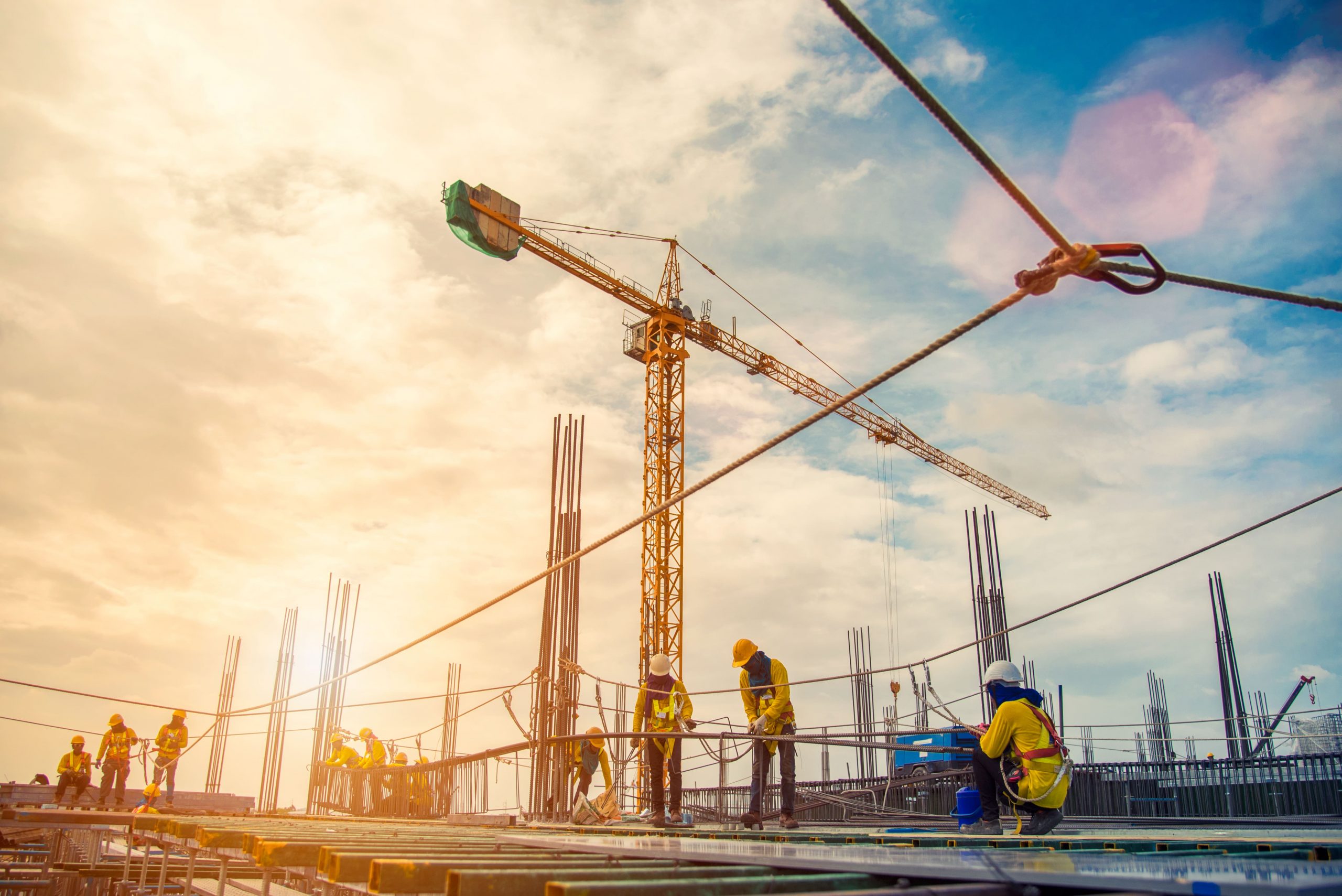Why Do I Need A Safety-Critical Medical?
Most construction sites require workers to demonstrate that they are medically fit and safe to work there and ask employees and contractors for a valid safety-critical medical (sometimes referred to as 'fit to work') certificate. The medical assesses the health of those undertaking high risk activities, in high risk environments, or conducting an activity where their health could have a critical impact on the safety of the individual or others.
Under Health and Safety legislation, employers have a duty of care to safeguard the health and safety of their employees. Ensuring your employees don’t have any health conditions or medication that could cause a sudden loss of consciousness or incapacitation whilst working, helps reduce this risk in high-risk environments, such as construction sites, where there is more potential to cause significant harm.

What Do Safety-Critical Medicals Involve?
Our medicals ensure that the requirements of appropriate industry standards are met.
Our safety-critical medicals include:
- Eyesight
- Hearing test
- Blood pressure
- Lung function test (where appropriate)
- Mobility assessment
- General health questionnaire/discussion
- Urinalysis (where appropriate)
Employees should bring with them photo ID (work ID, driver’s licence or passport), glasses and current prescription, and a list of current medication.
Confined Spaces Medical
A confined space is a small area that is large enough for workers to enter and perform certain jobs but not necessarily designed for people to work in for prolonged periods. A confined space also has limited or restricted means for entry or exit. A confined space medical aims to identify if there are any underlying health conditions that could cause sudden loss of consciousness, balance or incapacitation to enable the worker to work safely in confined space. A confined space medical involves similar tests as a safety-critical medical.
Working at Heights Medical
If you have staff working at height where they could fall and injure themselves, we can help you determine if they are medically fit to do their job. This would include those that work on platforms such as scaffolds, cherry pickers or scissor lifts, as well as those who work on room, piece of plant or equipment or use ladders or step ladders. A working at heights medical aims to identify if there are any underlying health conditions that could cause sudden loss of consciousness, balance or incapacitation to enable the worker to work safely at height. A working at heights medical involves similar tests as a safety-critical medical.
Drivers Medical
Safety whilst driving is important to protect both the driver and members of the public. We provide drivers’ health assessments for all types of occupational driving, including fork-lift trucks, cherry pickers and other heavy plant. A driver’s medical aims to identify if there are any underlying health conditions that could cause sudden loss of consciousness, or incapacitation to ensure the worker is safe whilst driving at work. A driver’s medical involves similar tests as a safety-critical medical.
Book an appointmentNight Worker Health Assessment
The Working Time Regulations 1999 state that those considered as night workers should be offered a health assessment on a yearly basis. A night worker is an individual who undertakes a large proportion of their work at night. The health assessment is to identify if an individual has a health condition that could be made worse by night working and may need some adjustments, or to identify if a worker’s health is being adversely affected by night work so that appropriate measures can be put in place to reduce this risk. The assessment involves completion of a questionnaire with telephone or video follow-up where required.

